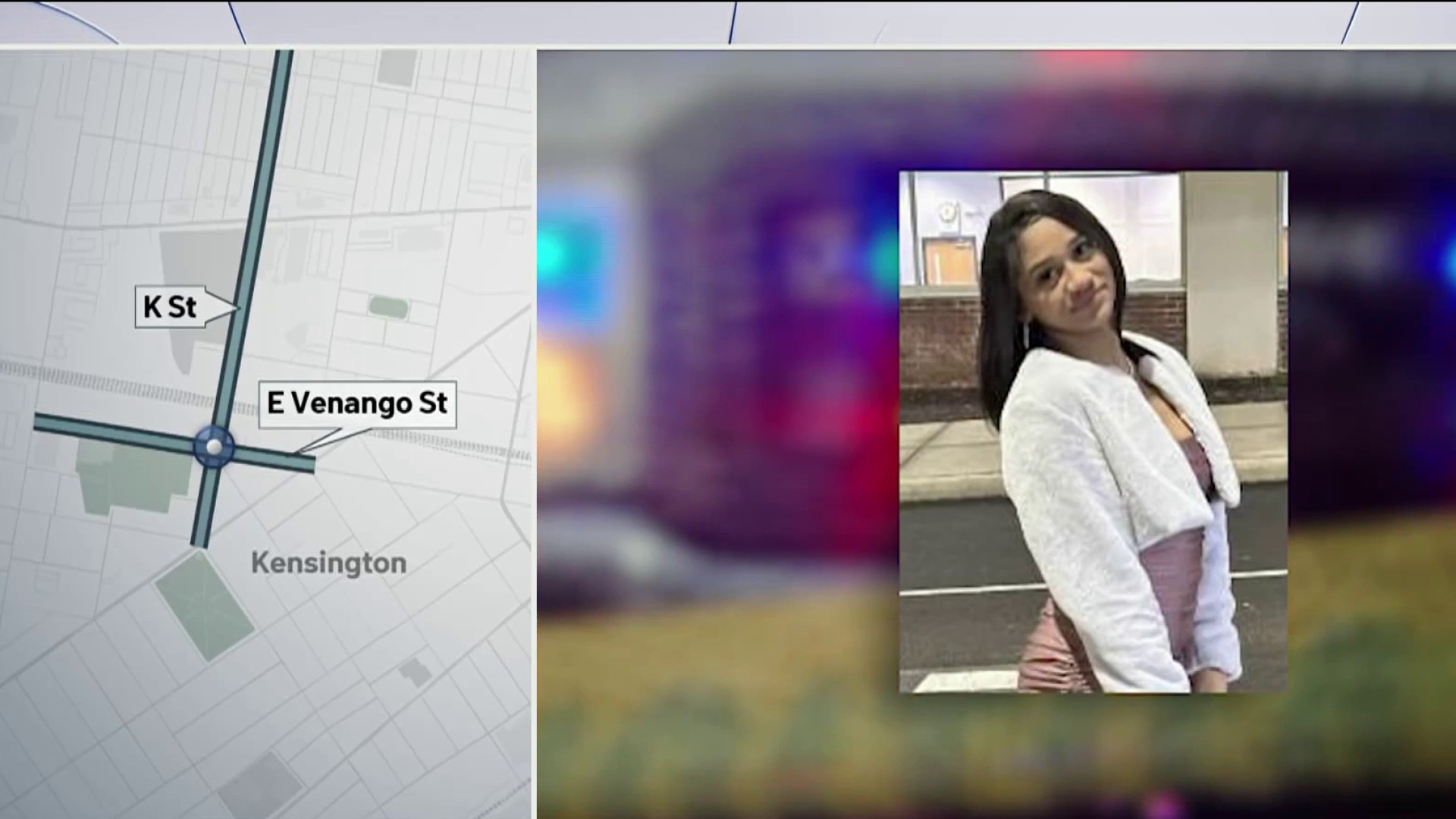City Controller Alan Butkovitz today released a report that questions the effectiveness of nearly every aspect of the Philadelphia Department of Licenses and Inspections' (L&I) demolition oversight procedures.
The performance audit was conducted to assess L&I's implementation of new demolition standards enacted following the deadly Jun. 5 Market Street collapse that killed six people and left 13 others injured.
The detailed 81-page report revealed a number of inadequacies in L&I's attempted reform of its demolition procedures, as well as long term structural flaws that, according to Butkovitz, jeopardize the public's safety.
"It is extremely disheartening for me to have to stand here today and tell you that L&I demolitions aren’t being conducted in any safer manner today than they were a year ago," Butkovitz said during a morning news conference.
"People have been given a false reassurance that the problem has been handled and in reality, it hasn’t changed."
L&I has yet to comment on the report but offered a written response to the audit, which stated in part that "the department strongly disagrees with this characterization."
Local
Breaking news and the stories that matter to your neighborhood.
L&I has been under heavy scrutiny since Jun. 5, 2013, when a four-story brick wall in a building under demolition collapsed into an adjoining Salvation Army Thrift Shop. The collapse left six people dead and injured 13 others.
In the wake of the collapse, and in response to a separate Philadelphia City Council Special Investigating Committee report released in Sept. 2013, outlining more than 70 reforms that L&I needed to make to improve its processes, the city controller's office launched an audit.
Shortly after the special committee's report was released, Butkovitz issued a subpoena ordering L&I Commissioner Carlton Williams to provide personal testimony and to turn over more than four years of L&I inspection records to be used in the audit.
Butkovitz said the fact that a subpeona had to be issued in order to obtain the full documentation needed for the audit indicates L&I's attempt to avert dealing with its issues.
"We review all sorts of city operations and we don’t usually run into this type of concerted obstructionism," he said.
"I think it’s about an attempt to control the release of information and the spin on one of the biggest crises and the biggest disasters to hit city government in decades. I think they’ve been more interested in how it looks than how it is."
In Feb. 2014 Mayor Michael Nutter signed four of five City Council approved bills into law to impose stricter permitting, inspection, construction and licensing standards in the City's demolition code.
According to Butkovitz's report, however, most of the new standards have not been upheld by L&I.
A total of 210, nearly half of the more than 400 inspections of demolition projects that L&I conducted one week after the Market Street collapse, were found to be questionable due to a lack of documentation.
The audit also found that more than 70 percent of demolition permit applications and nearly 85 percent of demolitions completed since the Market Street collapse were not in compliance with new legislation, or had new requirements waived, in some instances for no reason other than L&I inspectors considered the standards to be egregious or unnecessary.
Earlier this month, NBC10 reported that, despite a new provision in the city's demolition planning code requiring contractors to submit a site safety demolition plan prior to all demolitions, the requirement was being waived for pre-approved City contractors participating in a new two-day curbside and procurement bidding process designed to address imminently dangerous properties in the city.
Butkovitz's audit revealed three demolitions were conducted without the inclusion of a required site safety plan for protecting adjacent properties and a site safety plan was not submitted at all for one demolition.
To address the need for the swift processing of demolition applications for the more than 500 imminently dangerous properties in the city, Butkovitz recommended that L&I establish minimum standards for contractors participating in that particular type of demolition bid program.
Butkovitz made several other recommendations to L&I, including a call for department officials to establish clearer permit application requirements, and more in-depth training for the department's inspectors.
"We believe that our recommendations, if implemented by management, will improve the efficiency and effectiveness of the private property demolition process overseen by L&I," Butkovitz said in a letter addressed to Williams.
When compared with other cities, the city controller's office says L&I's demolition oversight procedures actually exceed average standards. But the department continues to suffer from inconsistencies in enforcement of those standards, according to the audit results.
L&I's response to the report stressed that the department is working to improve.
"The enforcement of our codes is a responsibility we take extremely seriously and we constantly strive to innovate, expand, and do better--and, right now, we believe we are doing just that," the department's response read.
"There is both great demand and great opportunity for change in the Department and no one understands this more than our dedicated staff. We are committed to continuing to evolve and change in order to make Philadelphia the nation's leader in building safety."



